What is the coronavirus and how can you help reduce the risk of infection?
Recent reports have confirmed that the number of people killed in China by the new coronavirus has risen to 81, with almost 3,000 confirmed cases. Whilst the majority of cases have been confined to China, there have been reported cases of this fast-moving outbreak in the United States, Canada, Malaysia, France, Australia, Hong Kong, South Korea, Thailand, Vietnam, Taiwan, the Philippines, Macau, and Japan. Even in the UK, 50 people have already been tested for it.
Symptoms of the Coronavirus
According to the World Health Organisation in the early stages of the disease, the coronavirus causes fever, fatigue, a sore throat, and a dry cough. As the illness progresses it can lead to difficulty breathing in patients. In more severe cases, it can lead to pneumonia, severe acute respiratory syndrome, kidney failure, and even death.
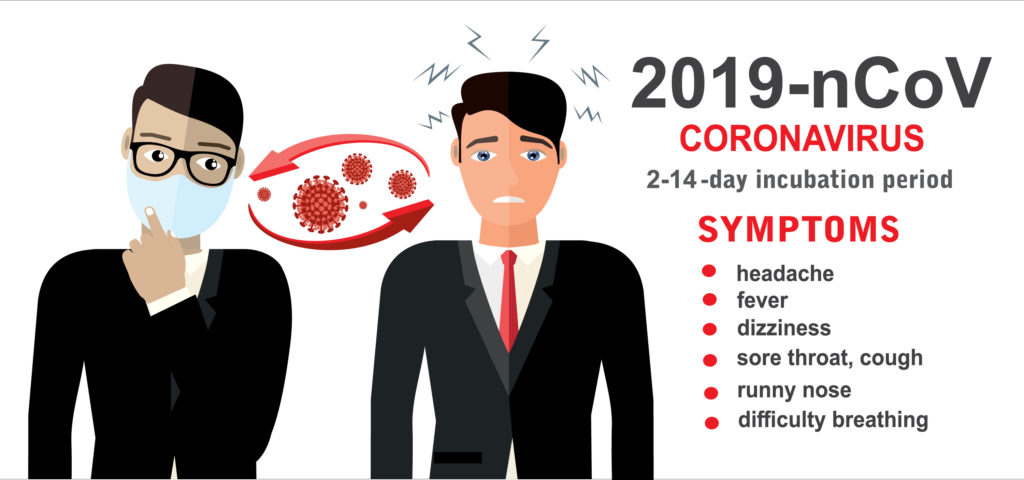
Dr. Adam Kucharski, a professor at the London School of Hygiene and Tropical Medicine, said in one article, that symptoms of the coronavirus may not manifest until up to a week after contracting the virus.
What is the coronavirus?
Coronaviruses are a large family of viruses that are zoonotic, meaning they originate in animals and are then transmitted to people. The novel coronavirus, which has infected thousands in China, is a new strain that has not previously been identified in humans. The virus is spread through droplets when someone infected coughs or sneezes, or when someone touches a contaminated surface and then their mouth or nose. It can easily be spread in places where there is a large number of people in contact with someone who is infected, such as hospitals or airports, especially if the person does not yet know they are infected.
There is no specific treatment for the coronavirus, just as there is no treatment for the common cold. There are also currently no vaccines to protect against the novel coronavirus, so prevention is incredibly important.
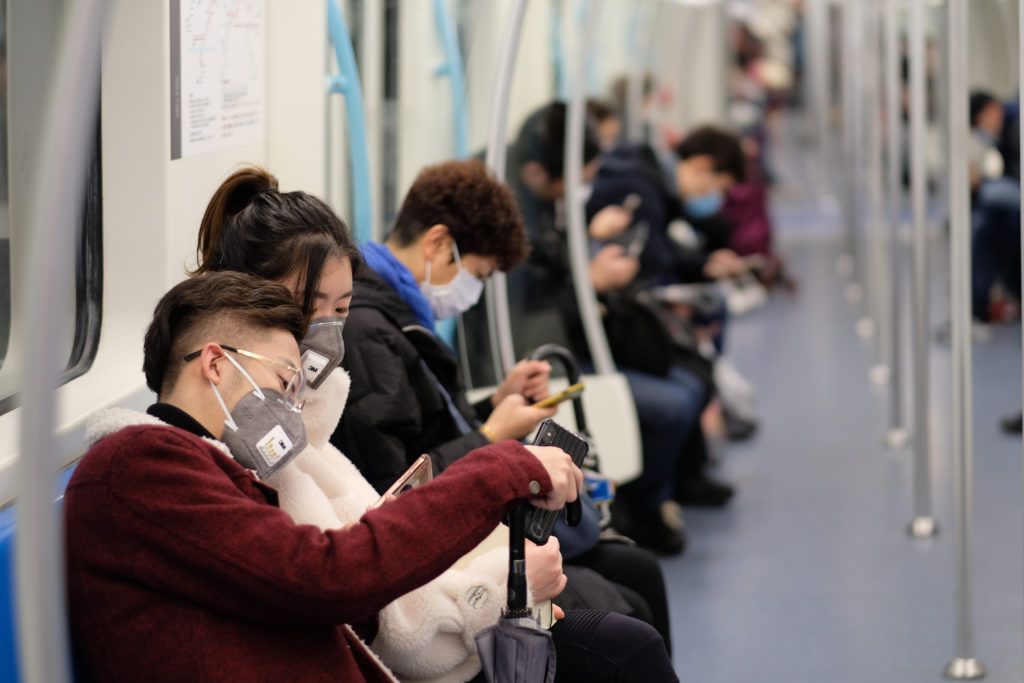
Experts have been warning us for years that there could be a mass disease outbreak as the world is long overdue one, so it is only sensible to be prepared and protect yourselves against the possibility. Kays Medical discuss how face masks can help protect you against the spread of disease and have compiled a list of ways you can reduce the risk of infection from the coronavirus, or any other flu-like virus.
Can face masks help reduce the risk of infection?
When there is an outbreak of any virus, one of the images we often see is people wearing face masks, but do they help? Using face masks to prevent infection is popular around the world, in many different countries. China, in particular, has been using them during the current coronavirus outbreak, but they also often use them to protect against high pollution levels.
Although some are sceptical about their effectiveness, there is evidence that suggests they can help to prevent the spread of disease and infection, particularly through hand-to-mouth transmissions. First introduced into hospitals in the 18th Century, face masks only started to be used by the public after the Spanish flu outbreak in 1919, which killed over 50 million people.
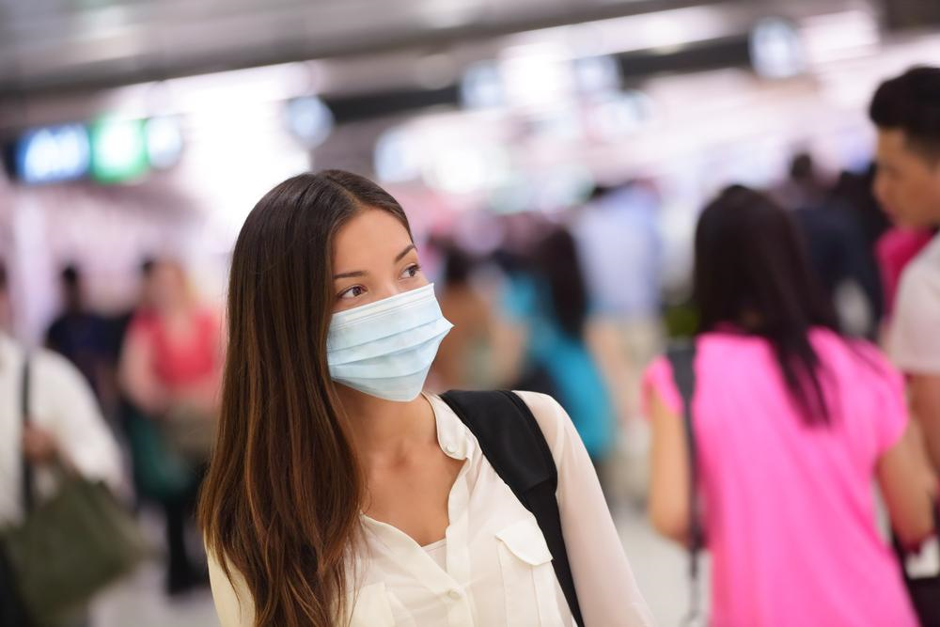
Face masks worn over the nose and mouth can help to lower the risk of contracting a virus when someone coughs or sneezes into the air around them, as it prevents us from breathing in these germs. One study found that people tend to touch their faces around 23 times an hour, which means that wearing a face mask can help to protect against hand-to-mouth transmissions, as we would be touching our mouths a lot less throughout the day.
Jonathan Ball, professor of molecular virology at the University of Nottingham, said in one article, “In one well-controlled study in a hospital setting, the face mask was as good at preventing influenza infection as a purpose-made respirator.”
How to reduce the risk of catching a virus:
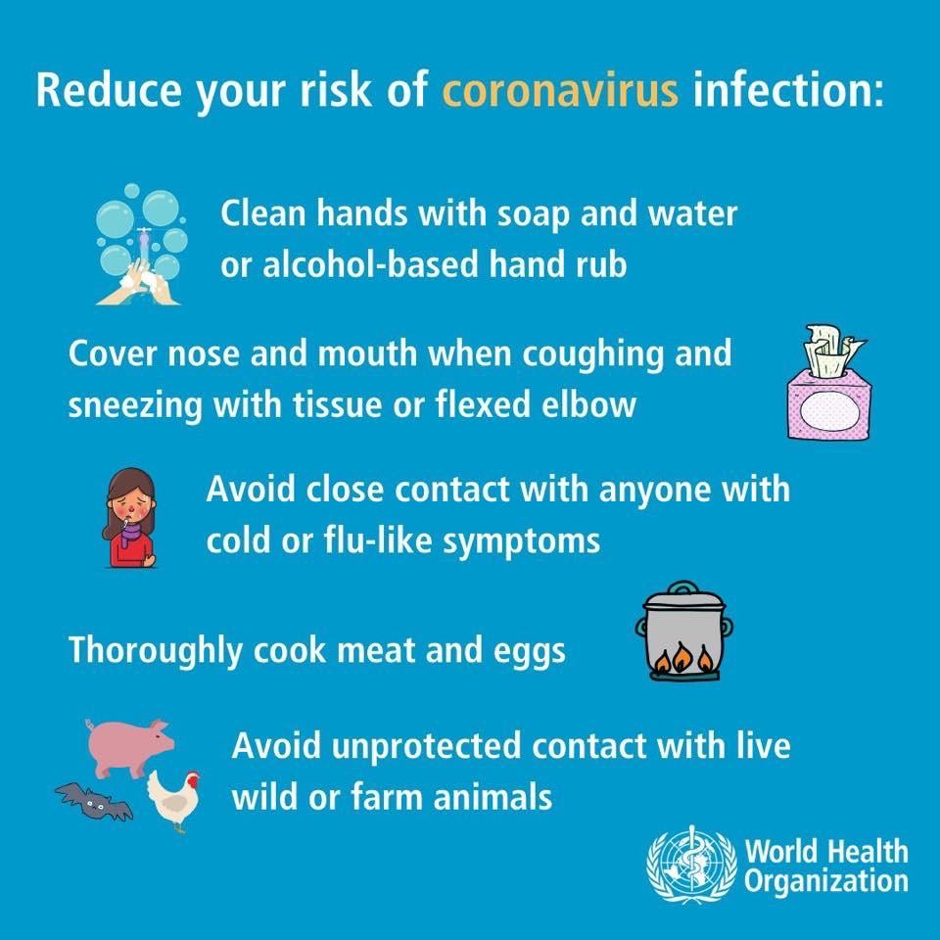
When used alongside simple hygiene measures, face masks can be a great way to help prevent the spread of diseases like the flu or respiratory viruses like the coronavirus. To work effectively your mask should be worn correctly, changed frequently and disposed of safely after use. The World Health Organisation and the NHS say the best way to avoid catching viruses such as the flu or coronavirus are to:
- Regularly wash your hands with warm water and soap or an alcohol-based hand sanitizer.
- Avoid touching your eyes, nose, and mouth wherever possible.
- Cover your nose and mouth when coughing or sneezing with a tissue, which you should then quickly dispose of.
- Avoid contact with anyone with cold or flu-like symptoms.
- Regularly disinfect communally used areas which could be infected such as door handles or work-surfaces using disinfectant wipes or sprays.
- Thoroughly cook all meat and eggs.
- Avoid unprotected contact with live wild or farm animals.
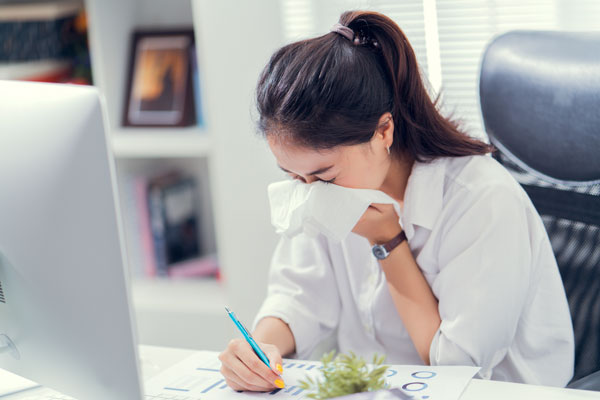
Ensure you remain protected against the coronavirus, flu or other viruses by following these simple hygiene tips. Wearing a face mask can be an effective way to reduce the risk of catching a virus when used correctly alongside other hygiene precautions. They can be especially useful for those working in places where a lot of people pass through who could be infected. Kays Medical can supply face masks to help keep you or your workforce protected against the spread of viruses like the coronavirus.
Kays Medical also have a range of Responsebeta products which can be used to disinfect a variety of areas. Responsebeta is a scientifically proven infection control product, as a broad-spectrum biocide it can effectively kill viruses, bacteria, fungi, yeasts, and spores and remains active for two hours after application. It is also skin-safe, alcohol free and designed specifically for human hygiene use, making it ideal for use in childcare and healthcare industries, and in places where alcohol-based products are prohibited, such as prisons. Contact us today to discuss how we can help keep you safe.